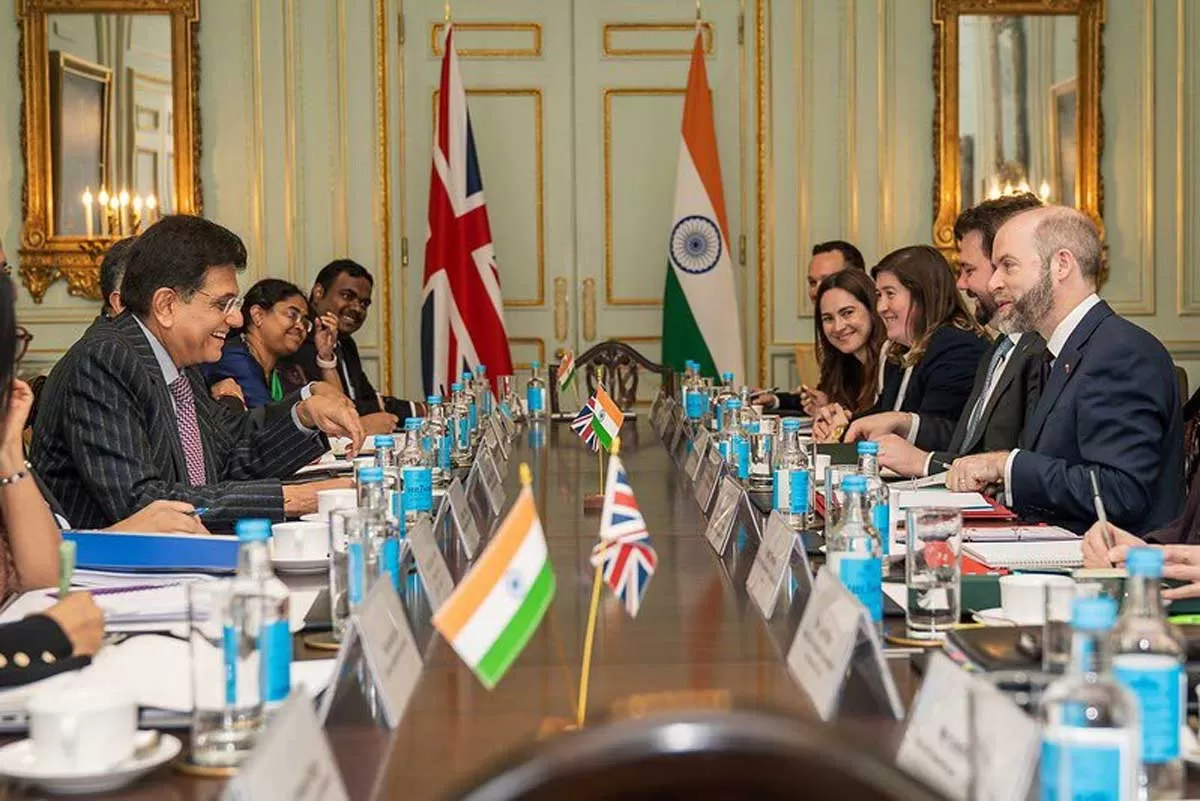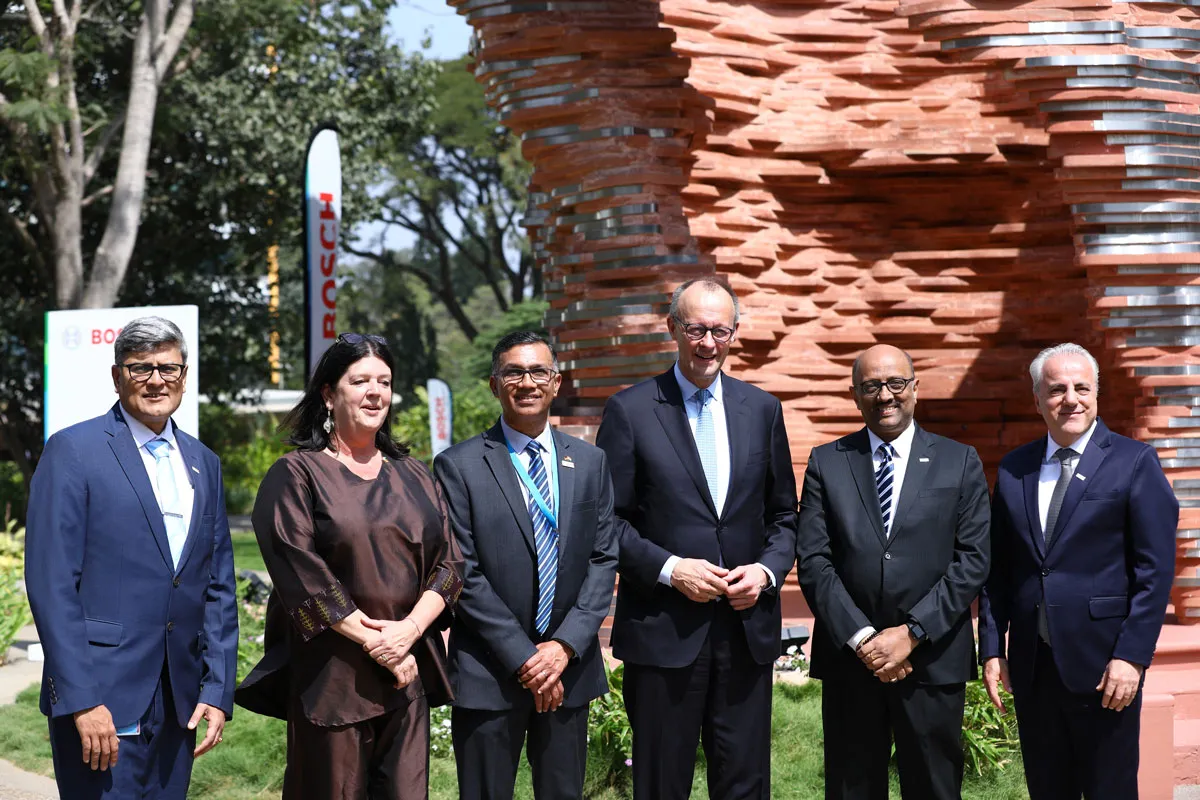
India, UK Sign Trade Pact Giving 99 per cent Exports Duty-Free Access

Industry Bodies Call for Wider Use of Cement Co-Processing
Leading industry organisations have called for stronger policy support to accelerate the adoption of cement industry co-processing as a sustainable solution for managing non-recyclable and non-reusable waste. In a joint statement, bodies including the Global Cement and Concrete Association, European Composites Industry Association, International Solid Waste Association – Africa, Mission Possible Partnership and the Global Waste-to-Energy Research and Technology Council highlighted the role co-processing can play in addressing the growing global waste challenge.Co-processing enables the use o..

German Chancellor Friedrich Merz Visits Bosch India Campus
Friedrich Merz, Federal Chancellor of the Federal Republic of Germany, visited the Bosch campus at Adugodi, Bengaluru, as part of his official India trip, underscoring the strong and long-standing partnership between India and Germany. The delegation was hosted by Guruprasad Mudlapur, President of the Bosch Group in India and Managing Director, Bosch Limited, at the company’s Indian headquarters.During the visit, the Chancellor was briefed on key innovations developed by Bosch India, reflecting the country’s growing role as a global hub for technology and engineering. “We feel honoured t..

Odisha To Get Six New Amrit Bharat Express Trains
Indian Railways is set to significantly expand the footprint of the Amrit Bharat Express in Odisha with the introduction of six new services that will pass through several major stations across the state. With this addition, the total number of Amrit Bharat Express trains operating through Odisha will rise to seven. At present, Odisha is served by a single Amrit Bharat Express on the Berhampur–Udhna (Surat) route. The East Coast Railway said the newly introduced non-air-conditioned sleeper trains are designed to improve passenger comfort through modern LHB coaches, enhanced seating layouts ..
















